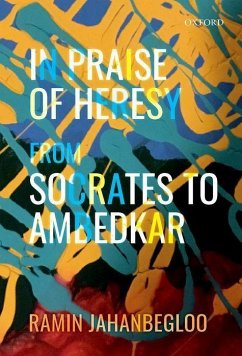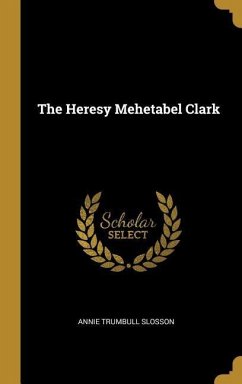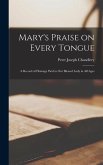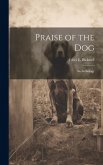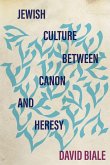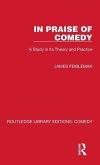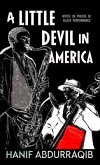Since the time of Socrates to the present, public intellectuals have aligned themselves with the heretical imperative by questioning organized power and opened up social, political, economic, and cultural life to public scrutiny and accountability. This effort is described in this volume through the self-examined lives of philosophers such as Socrates and José Ortega y Gasset, Albert Camus, and Yukio Mishima. They serve to elaborate the context of the author's bold claim that B.R. Ambedkar, the central character of the author's research, is the boldest heretic in Indian political history.
Hinweis: Dieser Artikel kann nur an eine deutsche Lieferadresse ausgeliefert werden.
Hinweis: Dieser Artikel kann nur an eine deutsche Lieferadresse ausgeliefert werden.

